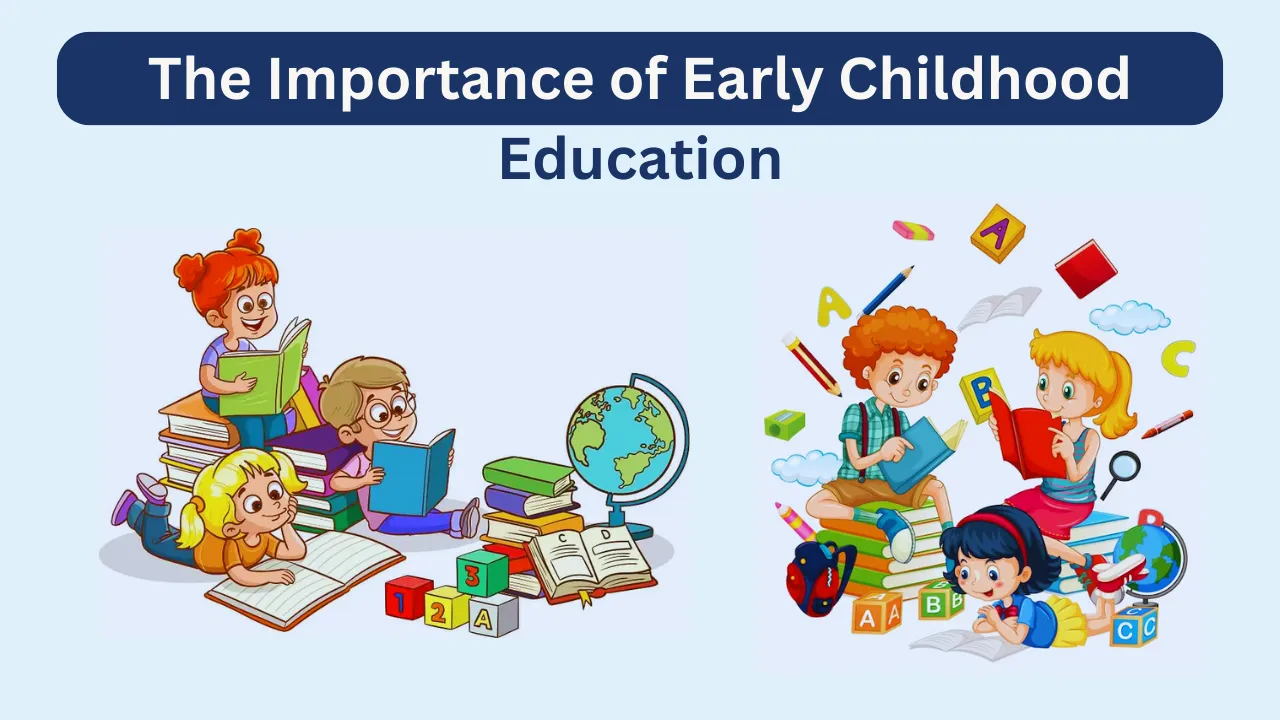The importance of childhood education.

The Importance of Childhood Education
Foundation for Lifelong Learning Early childhood education (ECE) is crucial as it lays the groundwork for a child’s future learning, behaviour, and health. The early years of a child’s life are characterized by rapid brain development, where 90% of brain growth occurs before the age of five. This period is essential for establishing the neural connections that form the basis for cognitive, social, and emotional skills. High-quality ECE programs provide children with structured environments that promote exploration, creativity, and critical thinking.
Cognitive Development ECE enhances cognitive development by engaging children in activities that stimulate their minds. Programs often incorporate hands-on learning experiences such as sensory play, art projects, and storytelling. These activities not only foster curiosity but also help children develop problem-solving skills and early literacy and numeracy abilities. For instance, through play-based learning, children practice counting, sorting, and recognizing shapes—skills that are fundamental to later academic success.
Social Skills Acquisition Social development is another critical aspect of ECE. Children learn to interact with peers and adults outside their family environment, which helps them develop essential social skills such as empathy, cooperation, and conflict resolution. Group projects and collaborative activities teach children how to work together towards common goals while enhancing their ability to communicate effectively. These interactions contribute significantly to emotional well-being and prepare children for future relationships.
Emotional Growth ECE programs create safe spaces where children can express their emotions and learn to manage them appropriately. Educators play a vital role in guiding children through emotional challenges by teaching them how to identify feelings and resolve conflicts peacefully. This emotional intelligence is crucial for building resilience and maintaining healthy relationships throughout life.
School Readiness One of the primary goals of ECE is to prepare children for school. Early education programs help familiarize young learners with routines similar to those they will encounter in elementary school. They learn to listen attentively, follow instructions, and adapt to structured learning environments—all essential skills for academic success. Research indicates that children who attend quality ECE programs are less likely to repeat grades or require special education services.
Long-Term Benefits The benefits of early childhood education extend far beyond immediate academic readiness; they have lasting impacts on children’s lives. Studies show that individuals who receive high-quality early education are more likely to graduate from high school, pursue higher education degrees, secure stable employment, and experience better overall health outcomes as adults. Furthermore, investing in ECE yields significant economic returns by reducing the need for remedial education services and fostering a more skilled workforce.
In summary, the importance of childhood education lies in its ability to provide a strong foundation for cognitive development, enhance social skills acquisition, support emotional growth, ensure school readiness, and deliver long-term benefits that positively impact individuals and society as a whole.
Top 3 Authoritative Sources Used:


Comments
Post a Comment